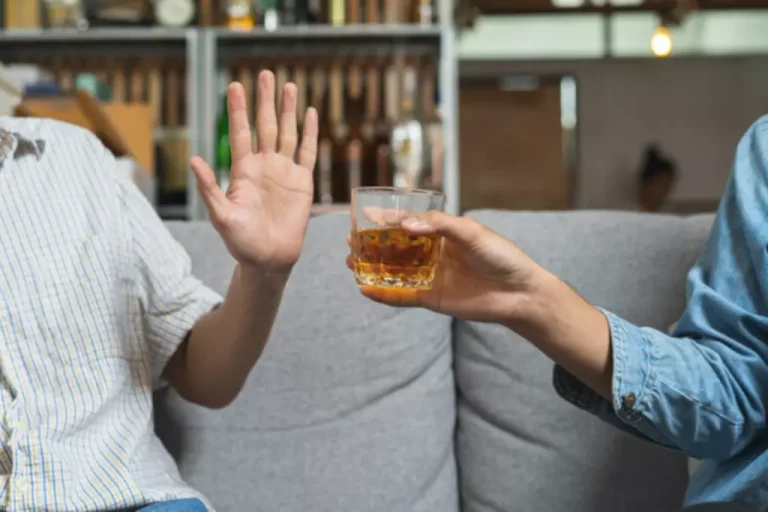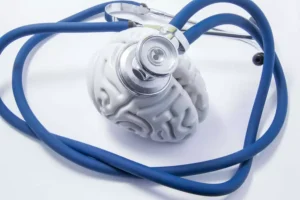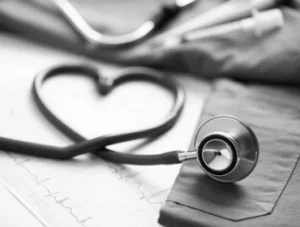
In particular, drinking alcohol during the first three months of pregnancy may increase the risk of a miscarriage. Excessive alcohol intake during pregnancy is never a good idea, and the more alcohol you drink the greater the risk to your baby. These risks include stillbirth, premature birth and foetal alcohol syndrome.
The morning after you’ve been drinking
Also, alcohol is the only nutrient that doesn’t require insulin to be broken down for energy—carbohydrate, protein, and fat do. From wine and spirits to beer and cocktails, our diabetes drink guide tells you all you need to know about mixing alcohol and diabetes. 3A standard drink contains 12 grams (approximately 0.5 ounce) of pure alcohol.

Liver disease
“You need to know if your medications or any diabetes-related conditions you have could be seriously affected by alcohol consumption,” emphasizes Harris. But if you have diabetes and want to enjoy happy hour, it’s best to take an approach that offers you some protection. Food slows down the rate at which alcohol is absorbed into the bloodstream. Be sure to eat a meal or snack containing carbohydrates if you are going to drink alcohol. There are many different types of drugs that can work in different ways to lower your blood glucose (blood sugar). Because many of the symptoms of hypoglycemia—such as slurred speech, drowsiness, confusion, or difficulty walking—are also symptoms of being drunk, it can be difficult to tell the two apart.
- Diabetes and alcohol consumption are the two most common underlying causes of peripheral neuropathy.
- Cocktails made from packaged mixes will have higher carb and calorie values than listed.
- Hypoglycemia is defined as a state in which there are neuroglycopenic symptoms concurrent with a low blood glucose level.
- In particular, drinking alcohol during the first three months of pregnancy may increase the risk of a miscarriage.
Limit extra calories and carbohydrate with alcohol.
Actions such as excessive drinking or drinking on an empty stomach can lead to both hypoglycemia (low blood sugar) shortly after drinking and hyperglycemia (high blood sugar) later on. Some people who take oral diabetes medicines should talk with their provider to see if it is safe to drink alcohol. Alcohol can interfere can diabetics get drunk with the effects of some diabetes medicines, putting you at risk for low blood sugar or high blood sugar (hyperglycemia), depending on how much you drink and what medicine you take. Check with your doctor to make sure alcohol doesn’t interfere with your medications or complicate any of your medical conditions.
After consuming alcohol, always check your blood glucose level to make sure it is in the safe zone. The main function of your liver is to store glycogen, which is the stored form of glucose, so that you will have a source of glucose when you haven’t eaten. When you drink alcohol, your liver has to work to remove it from your blood instead of working to regulate blood sugar, or blood glucose. For this reason, you should never drink alcohol when your blood glucose is already low. However, excessive alcohol consumption increases the risk of hypoglycemia (low blood sugar), hyperglycemia (high blood sugar), liver disease, and more.

Every week, the condition leads to hundreds of amputations, strokes and heart attacks and thousands of heart failure cases. A fasting plasma glucose (FPG) ≥ 126 mg/dL or being on diabetic therapy was considered as type 2 diabetes55. The diabetic therapy was measured using a self-administered questionnaire. If you have diabetes, you should be aware of the other health risks around drinking. Your risk of having a hypo doesn’t go away after you stop drinking – it increases, and can last up to 24 hours. Alcoholic beverages are made from grains or fruits (starches or sugars) through the processes of fermentation and distillation, so alcohol cannot be changed into glucose.

In addition, certain non-diabetic medications do not mix well with alcohol. Overall, alcohol consumption leads to less predictable blood sugar levels, and this can be a risk. Many spirits (vodka, tequila, and so on) have only trace amounts of carbohydrates; a glass of wine probably has only a few grams of carbs. A can of light beer may have only a handful of grams of carbohydrates; a regular beer about a dozen. Moderate alcohol consumption, therefore, does not need to result in large carb counts. Your liver will choose to metabolize the alcohol over maintaining your blood glucose, which can lead to hypoglycemia.
Talk to us about diabetes

Regardless of which type of alcoholic drink you choose, remember that it’s not just sugar that interferes with your blood sugar management. Thus, you should drink in moderation and follow the practices listed above. On the other hand, traditional cocktails, dessert wines, and cream liqueurs tend to have higher sugar counts, which may spike your blood sugar levels. Tomato juice in a Bloody Mary provides lycopene, a pigment in tomatoes that has antioxidant and anti-diabetes properties and may protect people with diabetes from heart disease (29, 30, 31). Aside from having a low carb content, red wine may lower the risk of diabetes-related complications if consumed in moderation. White wines, especially some types of Champagne, also generally have a low carb count.
Improves insulin sensitivity
- Every week, the condition leads to hundreds of amputations, strokes and heart attacks and thousands of heart failure cases.
- The Centers for Disease Control and Prevention (CDC) and other federal agencies define that as one drink per day or less for women and two drinks per day or less for men.
- In contrast, a limited number of studies have reported deleterious effects of alcohol on β-cells, in which alcohol inhibited the insulin secretion [25].
- Diabetic eye disease (i.e., retinopathy) is another troublesome tissue complication of diabetes and one of the leading causes of blindness in the United States today.
- But if you do drink, know that not all alcoholic beverages are created equal when it comes to diabetes.
Ethanol, which is the main component of alcoholic beverages, decomposes into acetaldehyde. Aldehyde dehydrogenase 2 (ALDH2) is required for acetaldehyde decomposition. Differences in ethanol metabolism might be involved in the variations in the effects of alcohol consumption on the onset of diabetes.
- In addition, certain non-diabetic medications do not mix well with alcohol.
- Even for people who don’t have diabetes, drinking too much, too often, can be risky.
- That effect has been observed in both type 1 and type 2 diabetics as well as in nondiabetics (Arky and Freinkel 1964).
- According to the National Diabetes Statistics Report 2020, 34.2 million people in the United States had diabetes in 2018.
- It may sound harsh, but it’s advice that any healthcare provider is likely to give.
- Your provider should consider your overall health, how well your diabetes is managed, medications that you are taking, and other health issues you may have.
 English
English Deutsch
Deutsch Français
Français Italiano
Italiano